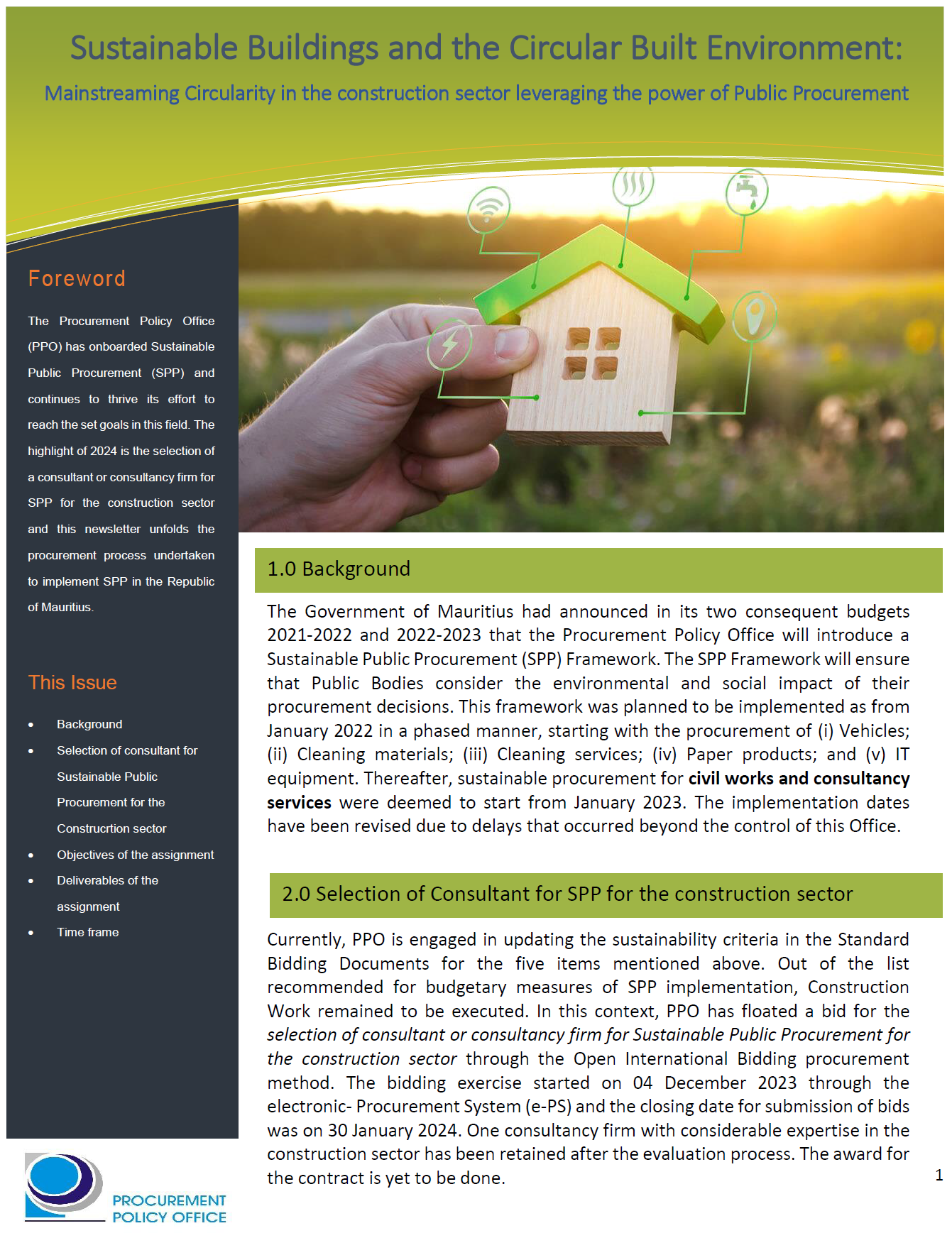Asia-Pacific low-carbon lifestyle challenge (2nd edition)
The project aims to support the mainstreaming of sustainable, low carbon lifestyles in
Asia. To reach the objective the project will support start-ups in Asia and the Pacific
by providing seed funding for young entrepreneurs to implement innovative, scalable,
measurable low-carbon sustainable lifestyles projects. The project will as well engage
in awareness raising and capacity building activities to promote low carbon lifestyles.
Asia. To reach the objective the project will support start-ups in Asia and the Pacific
by providing seed funding for young entrepreneurs to implement innovative, scalable,
measurable low-carbon sustainable lifestyles projects. The project will as well engage
in awareness raising and capacity building activities to promote low carbon lifestyles.
- 9 start-ups from Bhutan, China (2), Viet Nam (2), Pakistan, Thailand (2) and India were selected for support under the project. Assessment of carbon reduction potential was undertaken for all start-ups and training provided on under-taking periodical self-assessment to improve investment opportunities.
- The winners attended an online bootcamp to brush up their business skills, as well as learn about mainstreaming sustainability into their ventures including low carbon lifestyles, gender mainstreaming and inclusive business.
- An impressive number of investors was attracted as a result of broad communications activities across the Asia-Pacific regions. Investors were from India, Thailand, Philippines, Japan, Singapore, Cambodia, Paris, and South Africa and were interested in a variety of sectors covered by the start-ups, such as lowcarbon mobility, packaging, agriculture.
- Overview of the emissions reduction for start-ups:
Project CO2 emission reduction estimated IoT device to turn off AC when occupants leave home 10,955kgCO2/year Energy efficiency device that balances home electricity loads N/A (data for the lifespan and end of life stage of the
conventional and smart meter was not collected due to delay
in commercialization of the devise due to COVID)Cheap and reliable platform for renewable energy and energy bill
paymentN/A (The emissions of using conventional electricity and
renewable energy was not collected due to delay in
commercialization of the devise due to COVID)Using the sun to charge e-scooters to reduce mobility costs of workers 154.29 kgCO2/month E-bikes for public transport and eCommerce delivery 311.0052 kgCO2/month Connecting electric rickshaws to solar powered charging stations connecting to solar power charging stations will reduce
emissions by 92.957% considering only the usage periodExchange single-use cups system for takeaways and home delivery 7,245kgCO2/year Using plastic waste in place of bitumen in road construction 35.3 kgCO2/5km of 2 lane road Upcycling marine litter into consumer products N/A (There is no clear study indicating the reduction in carbon
emissions in manufacturing recycled fishing nets or the energy
consumed during manufacturing the products. Hence an
emission factor cannot be established for the same)
Image

Project start date
01/07/2019
Project end date
30/09/2021

